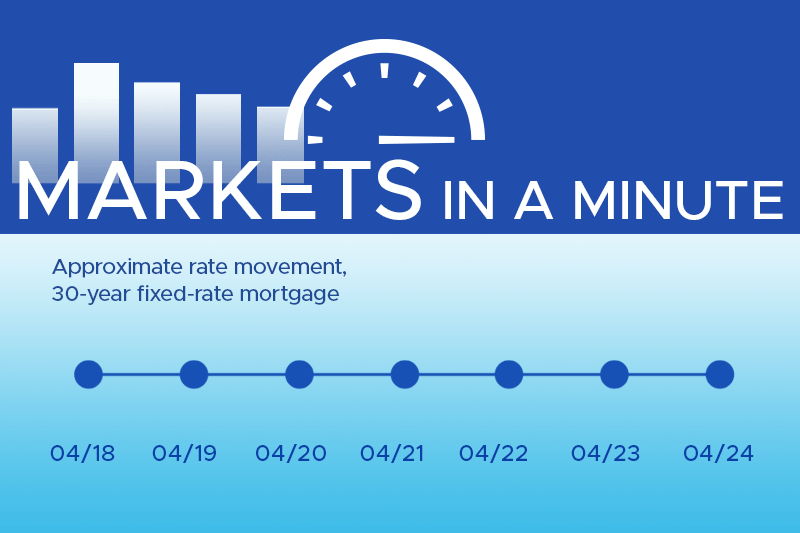At Thompson Kane, we stay ahead of shifting market trends so you don’t have to.…
The Pros and Cons of Buying a Fixer-Upper: Is It Worth the Investment?
At Thompson Kane, we’ve guided thousands of homebuyers through the exciting and sometimes complex world of real estate investment. Our mortgage experts understand that a fixer-upper can be an attractive option for many buyers looking to enter the housing market or maximize their property potential. This comprehensive guide will help you understand the nuances of fixer-upper investment.
Understanding Fixer-Upper Investment Potential
A fixer-upper represents a property that needs significant repairs or renovations but offers a lower initial purchase price. Savvy buyers with a penchant for DIY can transform these properties into dream homes with an eye on building substantial equity. However, the path isn’t always straightforward.
Financial Considerations of Fixer-Upper Properties
The primary attraction of a fixer-upper is the lower upfront cost. Compared to move-in-ready homes, these properties often sell at a significant discount. A home priced 20-30% below market value can provide substantial financial breathing room for renovations.
Renovation Financing Options
Several financing strategies can support your fixer-upper investment:
- Renovation loans like FHA 203(k) programs
- Home equity lines of credit
- Specialized renovation mortgage products
- Construction-to-permanent financing
Potential Risks in Fixer-Upper Investment
Not all renovation projects deliver equal returns. Some critical risks include:
- Unexpected structural issues
- Higher-than-anticipated repair costs
- Extended renovation timelines
- Potential over-improvement for the neighborhood
Maximizing Your Strategy
Successful fixer-upper investments require careful planning:
- Seek guidance from a qualified real estate buyer’s agent
- Conduct thorough property inspections
- Create detailed renovation budgets
- Understand local real estate market trends
- Estimate potential after-repair value
When to Walk Away
Not every discounted property represents a good investment. Red flags include:
- Extensive structural damage
- Environmental hazards
- Renovations that exceed potential property value increase
Financial Planning for Your Renovation
Working with experienced mortgage professionals can help you:
- Assess renovation loan options
- Understand total project costs
- Create realistic financial projections
- Navigate complex lending requirements
In Conclusion
A fixer-upper investment can be an excellent strategy for building equity and creating your ideal home. However, success requires careful planning, realistic expectations, and professional guidance.
How Thompson Kane Can Support Homeowners
Ready to explore your fixer-upper potential? The mortgage experts at Thompson Kane & Co. are prepared to help you navigate every step of your investment journey. Contact our team today for personalized advice tailored to your unique real estate goals.





